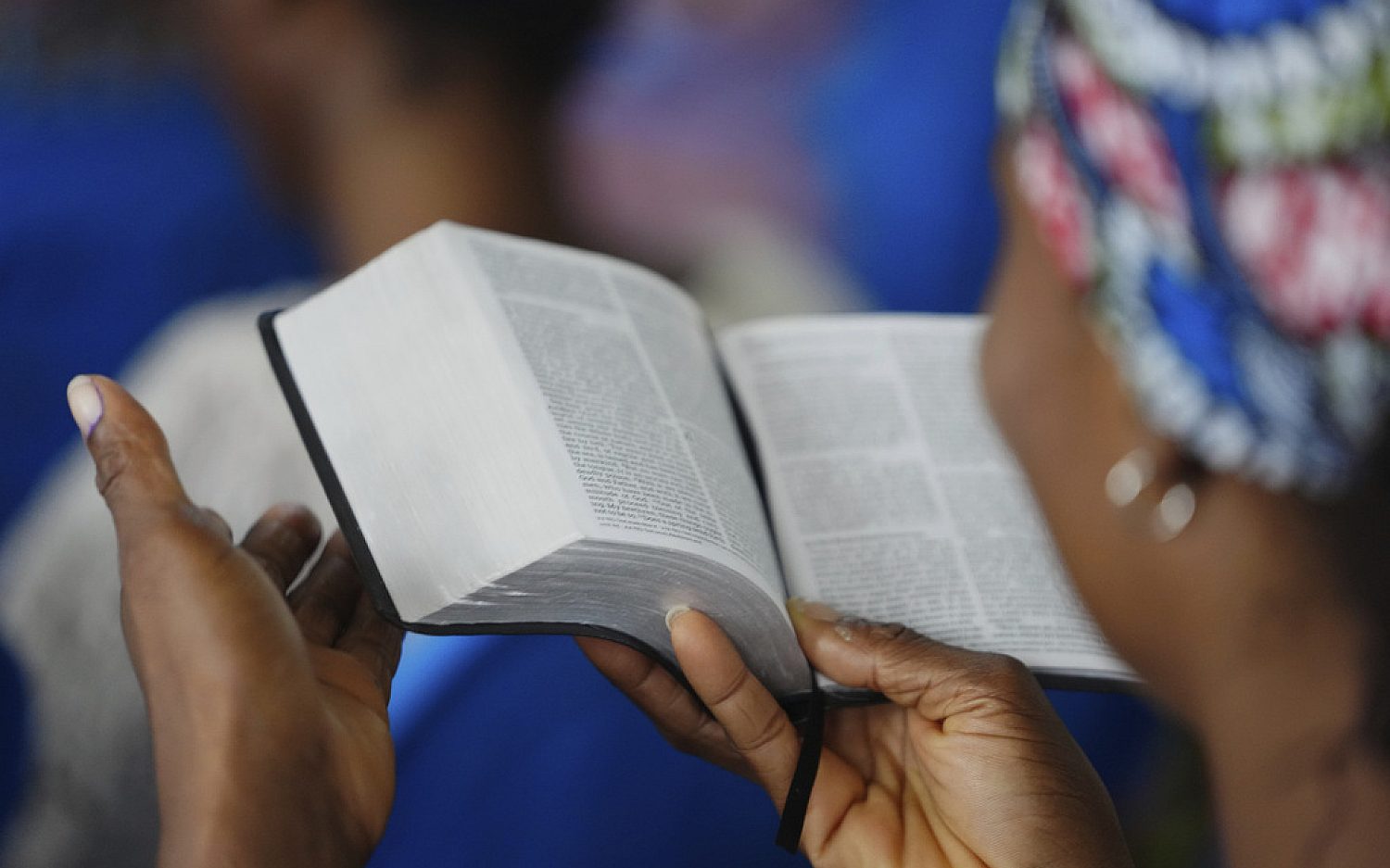Who's poor?
Virginia holds steady on poverty although figures rise nationally--but what does that mean?
A U.S. Census Bureau study revealed last Tuesday a plateau in Virginia's median income and overall poverty levels from 2009-10. National real median income decreased by 2.3 percent and the percentage of Americans living under the poverty line increased less than a percent to 15.1. A family of four fell below the poverty line in 2010 with an income less than $22,314 annually.
The latest figures for Virginia put the poverty level at 10.7, roughly where it has been since the financial crash of 2008 when it rose from 8.6. For most of the last 20 years it has ranged between 8 and 10 percent except for two years in the mid-1990s, hitting 12.7 in 1997.
"Poverty levels soars to highest rate since 1993" ran a New York Times headline: "Another 2.6 million people slipped into poverty in the United States last year, the Census Bureau reported Tuesday, and the number of Americans living below the official poverty line, 46.2 million people, was the highest number in the 52 years the bureau has been publishing figures on it."
Conservative experts, however, suggest that such coverage misrepresents the true nature of poverty in the U.S. Political science professor Gerson Moreno-Riano of Regent University said it is difficult to define what poverty means nationally. Monetary poverty in one region could mean a completely different standard of living in another region. Before claiming an epidemic of poverty, the term must be defined, Moreno-Riano said.
Patrick Henry College economics professor Nathan Russell added that the average person living in poverty in America has more living space than the average European. Further, government benefits are so generous for those under the poverty line that, including food stamps, Medicaid, school lunches, utility bill subsidies, and so on, people would need to earn substantial salaries-tens of thousands of dollars beyond the poverty line-to receive the same economic benefit.
More concerning than the number of Americans below the poverty line is the number of Americans without work. America's poor enjoy a high standard of living because of high economic productivity.
Thus a stagnant job market is problematic for Virginians. Small businesses account for 85 percent of jobs in America. Government regulation has a greater negative impact on smaller business due to their limited ability to grow. For example, once a business reaches 51 employees, it must provide additional healthcare coverage. As a result, many small businesses cap their employment at 50 employees.
"Businesses' hands are tied behind their backs," Russell said. "Businesses are being careful and not hiring."
Dr. Moreno-Riano, dean of undergraduate studies at Regent University, said that because Gov. Bob McDonnell has encouraged private businesses, Virginia has fared better than other states in terms of job creation.
However, Virginia hasn't gone far enough. Moreno-Riano suggested in order to create jobs Virginia is going to need to strengthen local private organizations designed to address human needs, interests, and pursuits. Civic institutions create jobs and encourage enterprise when they take the place of governmental agencies, Moreno-Riano said.
The real question for Virginia, Professor Russell said, is not what the poverty line is, but what the productivity line is.
An actual newsletter worth subscribing to instead of just a collection of links. —Adam
Sign up to receive The Sift email newsletter each weekday morning for the latest headlines from WORLD’s breaking news team.




Please wait while we load the latest comments...
Comments
Please register, subscribe, or log in to comment on this article.